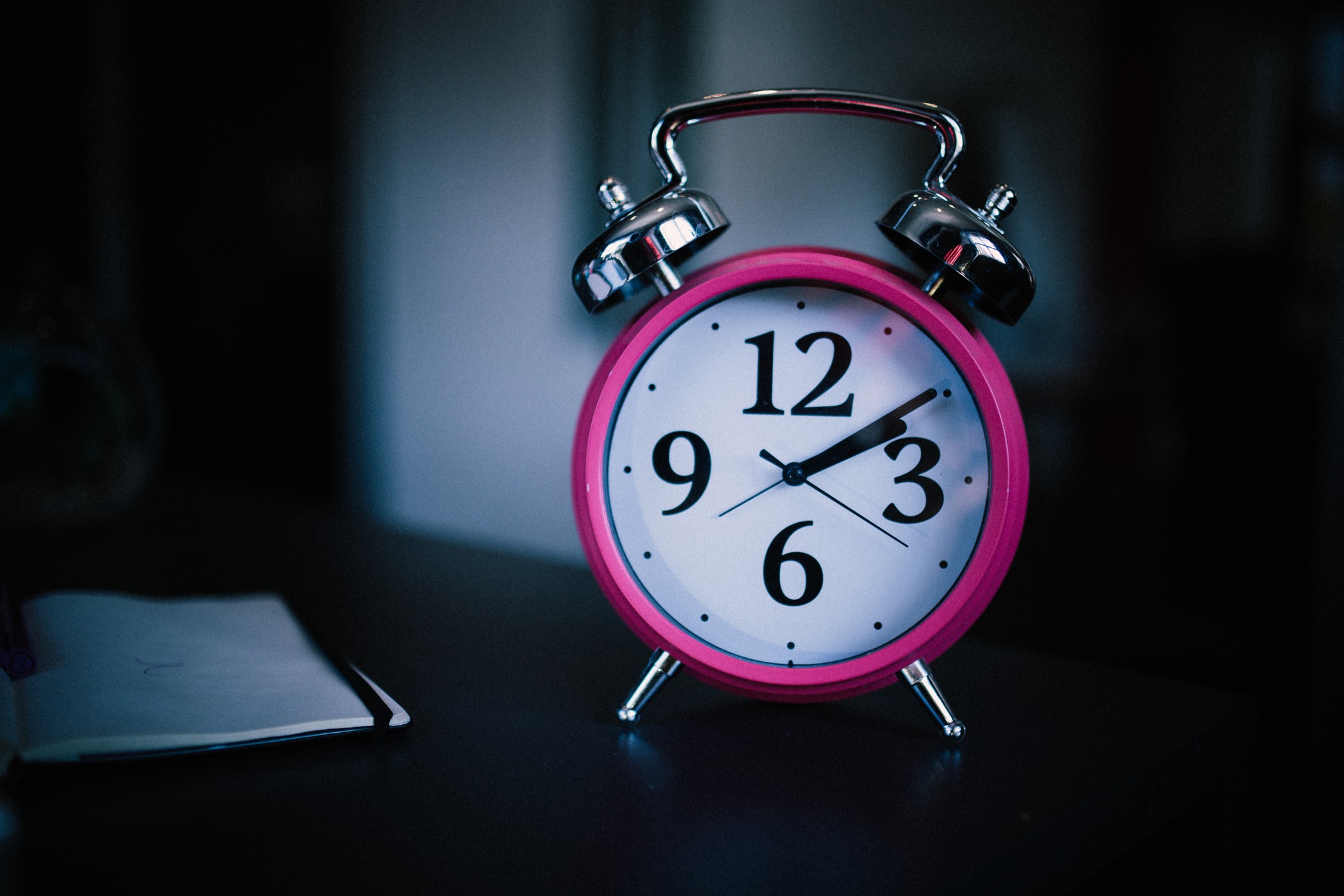Sleep is vital to all aspects of health and well-being. A lack of sleep doesn’t just impact your quality of life; it also harms your health. Yet a deficiency of quality sleep has become a silent epidemic in society today. With our busy lives, it can often be challenging to find time for adequate rest and sleep. Many people don’t even know how much sleep they should be aiming for.
How many hours of sleep do I need?
The question ‘how much sleep do I need?’ might have any number of answers, depending on your age, state of health, and overall activity level. In general, adults should aim for between seven and nine hours of sleep per night.
How much sleep do my children need?
Most people know that infants need to sleep for much of the day — generally between 14 and 17 hours. Children under five still need around 12 hours of sleep, although some of this can be in the form of daytime naps. As they get older, children require less sleep. Teenagers, however, should still get between eight and ten hours of sleep per night. That extra hour or two is vital to their still-developing brains and bodies.
How long can you go without sleep?
Most people can comfortably go for around 16 hours before feeling significantly tired. Skipping a single night’s sleep may leave you feeling tired and irritable, but it probably won’t do any long-term harm. If you miss more than a couple of nights sleep, you will begin to exhibit symptoms of fatigue and sleep deprivation. Eventually, you will start to suffer from hallucinations and other symptoms. Without sleep, you will become increasingly disoriented and exhausted. Ultimately, a collapse will result. The longest time a healthy person is known to have gone without sleep is 11 days. Specific medical issues, notably fatal familial insomnia, can leave sufferers awake for several months until they eventually succumb to dementia and death.
Ideally, you should avoid missing sleep. Even one or two nights of lost sleep will leave you impaired. Continually missing sleep will start to damage your health.
What if I try to sleep less?
When you’re busy and struggling to keep up with the demands of work, study, or life in general, it’s easy to resent the time you spend asleep. You may find yourself trying to stay up later to catch up with work or to wind down with a favorite book or pastime. Alternatively, you may start setting your alarm clock earlier and earlier to grab a little extra time in the morning. Without good quality sleep, however, your productivity will only suffer. You’ll have to spend more of your waking hours correcting errors or reviewing information that you’ve been unable to retain. Skipping sleep is effectively a false economy.
Why do I need so much sleep?
Sleep does more than merely resting you. It seems that sleep is necessary for virtually every system in the body, as well as for peak cognition. Without good-quality sleep, you will suffer from a range of health issues. You’ll become more prone to infections, as your immune system needs sleep to perform appropriately. Your heart, lungs, and circulation will also be affected. For those who are trying to improve their strength and fitness levels, sleep is vital for rebuilding muscle tissue after exercise. For these and other reasons, you should make sure you get those essential seven to nine hours every night.
Keep in mind that your sleep requirements are likely to change over time and will depend on your situation. Sick and injured people will require more rest than healthy ones. If you’re pregnant or nursing, you’ll need extra sleep to cope with the demands being placed on your body.
If you’re careful to go to bed in good time but find yourself struggling to get those eight hours, there are things you can try. Cut down your screen time and make sure your devices are turned off an hour or two before bedtime. Cut down on caffeine and make sure you’re not too active in the late evenings.
Tap for recommended posts on the tags you don’t follow





